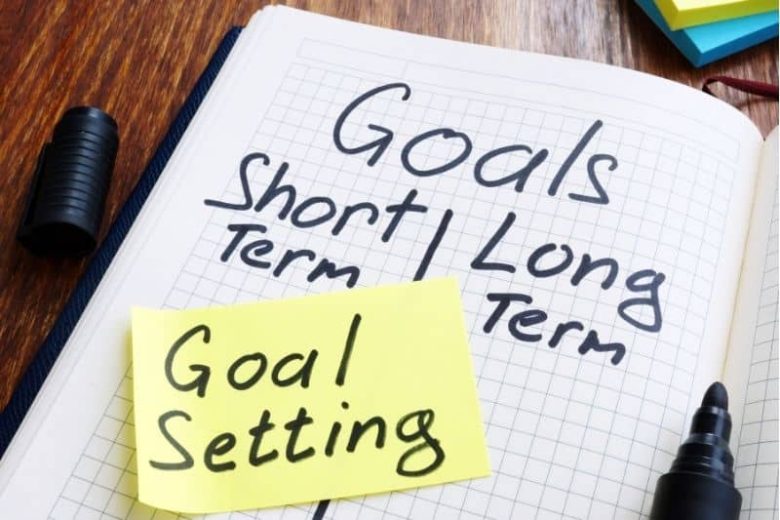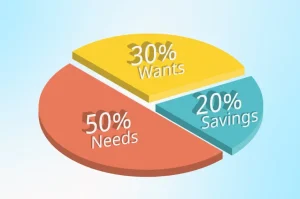Budgeting goes beyond figures on a spreadsheet. It’s a powerful tool that can aid you in reaching both your short- and long-term financial goals. However, creating a budget and, more importantly, adhering to it can seem overwhelming or even boring. To be truly committed, the goals you set for your budget need to be motivating enough that you stay on track, regardless of the challenges or temptations you face. You may be saving for your dream vacation, reducing debt, or just trying to survive. This guide will help set goals for your budget that motivate you to take action and produce outcomes.
Understanding Your Current Financial Situation
Before you can begin goal setting, before you can set goals, it is essential to get the full picture of your current financial situation. Make a list of all your sources of income and evaluate them against your expenses for the month. This includes keeping track of the essentials such as rent, electricity, food, and transport, and also discretionary expenditures such as dining out or streaming services.
Knowing the flow of your cash is crucial to understanding your cash flow. Not just the amount you earn, however, but the way the money is being spent. Are there signs of excessive spending or other hidden behaviors that are affecting the financial security of your household? Utilize this method to identify areas where you could cut costs or redirect money. Be aware of your own limitations as the first step to making realistic and effective budgeting objectives.
Defining Clear and Achievable Budgeting Goals
The process of setting goals is where budgeting becomes personal. It’s more than just conserving money; it’s about the things that matter most for the person you are. Make goals that are precise, quantifiable, and time-bound to provide the direction you need and provide clarity. For example, instead of making vague statements like “I want to save more,” define your objective in terms of “I want to save $500 for emergency expenses over the next three months.”
Choose a mix of goals that are both long-term and short-term to keep you on track. Small-scale achievements such as saving for a road trip on a weekend are great for quick wins, but more long-term goals like creating a retirement savings fund will keep you in the present and focused on your financial goals. If your goals are in line with your values, they will naturally become more motivating.
Creating a Realistic Budget
A well-planned budget can help you achieve the financial objectives you have set. Start by prioritizing necessities like rent, utility bills, groceries, and utilities to ensure you’re financially secure when it’s most important. Make sure you allocate funds for your goals by setting aside a designated portion of your earnings, even if it’s a small amount initially. This will make budgeting more proactive than reactive.
Be sure to leave room for flexibility and relaxation. It’s a fact of life, and a too rigid budget could lead to burnout or frustration. Allow yourself a little room for discretionary spending, and be aware that it’s acceptable to indulge occasionally. Balance is key to making your budget sustainable as well as enjoyable.
Tracking Progress and Making Adjustments
When your budget is in place, The second step will be to keep track of your progress regularly. Monitoring your spending on a regular basis and goal-setting updates can help you determine the areas that are working and need to improve. Small successes, like reaching your weekly savings goal, will reinforce good habits and help boost motivation.
However, life can be unpredictable, and your financial situation could alter. Maybe you get an increase, are faced with the prospect of a sudden expense, or have to reconsider your priorities. If this happens, you shouldn’t be afraid to alter your budget in line with these events. Budgeting isn’t about perfect. It’s about adjusting.
Staying Motivated and Avoiding Burnout
The motivation can diminish in time, especially when faced with obstacles or sacrifices. In order to keep the budgeting process active, you should remind yourself frequently about what the “why” is behind your goals. Imagine the end result regardless of whether that’s watching your debt decrease or picturing the possibility of building a cushion of savings. Some think it’s helpful to make a vision board or even set up reminders of their financial goals in areas where they’ll be able to see them daily.
Be proud of your accomplishments on the way, however small. Spend a little money on an indulgence whenever you reach the mark. The most important thing is to avoid the mindset of all-or-nothing. If you are spending more than one week, don’t look at it as a failure. Instead, focus and adjust. Not perfection, but progress is the main ingredient of successful budgeting.
Your Budget, Your Future
Budgeting isn’t just an instrument to manage your finances. It’s an approach to ensure that your spending is in line with your ideal life that you’d like to build. When you establish clear, attainable, and relevant objectives, you can turn what may be something to do into an opportunity of satisfaction and fulfillment. Know where you are now and where you’d like to be for yourself, and then create your budget to move you in the right direction. If you’re patient, consistent, and motivated, you’ll be amazed by the things you can accomplish.
FAQs
1. What should I set aside for savings every month?
A well-known method of calculating is to follow the principle of 50/30/20. Divide 50 percent of your earnings for necessities. 30% for needs and 20% for savings. The amount you allocate will depend on your objectives and goals.
2. What happens if I earn little and I’m unable to save much?
Begin with small steps. Just saving just $5 or $10 a week could add up in time. Prioritize your costs and identify areas where you can reduce.
3. Do I require applications or budgeting software to monitor my expenses?
But they could be helpful. Some prefer writing with a pen and paper or spreadsheets, whereas others use apps such as Mint or PocketGuard for their simplicity and efficiency.
4. How can I keep myself focused to adhere to my financial plan?
Reduce your goals into easily manageable steps, and then celebrate the achievements. Keep in mind the advantages, and don’t be afraid to modify your budget as required. Keep in mind that it’s all about progress, not perfection.
5. How do I proceed in the event that an emergency causes a disruption to my financial plan?
Emergencies happen. If you have a fund for emergencies, take advantage of it when required. If not, review your budget, reduce expenses that are discretionary temporarily, and then focus on rebuilding following the end of the crisis.




